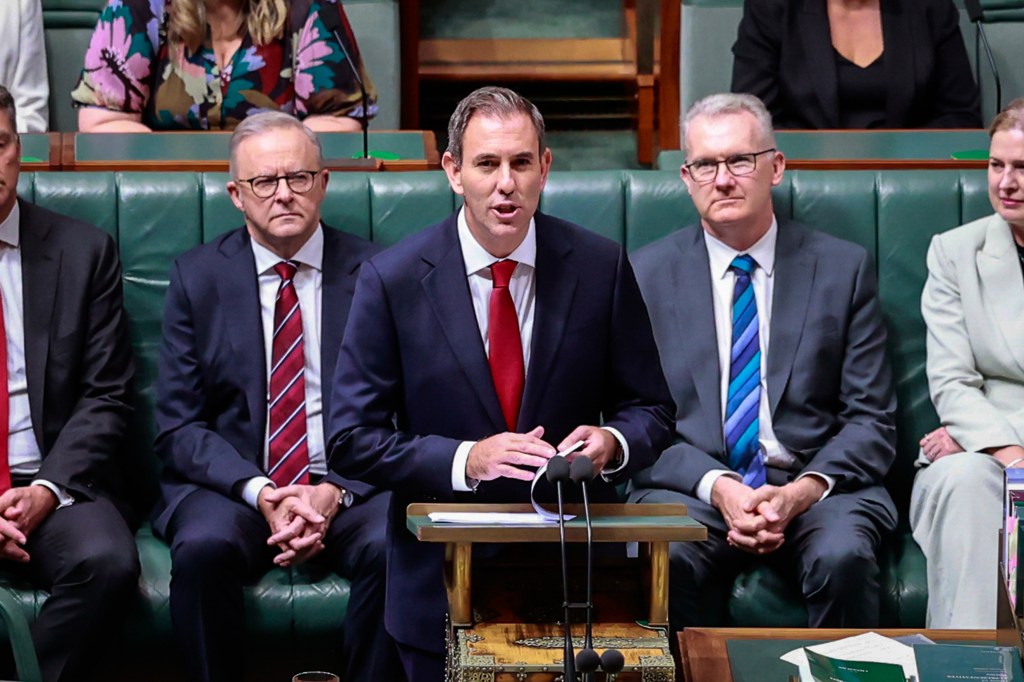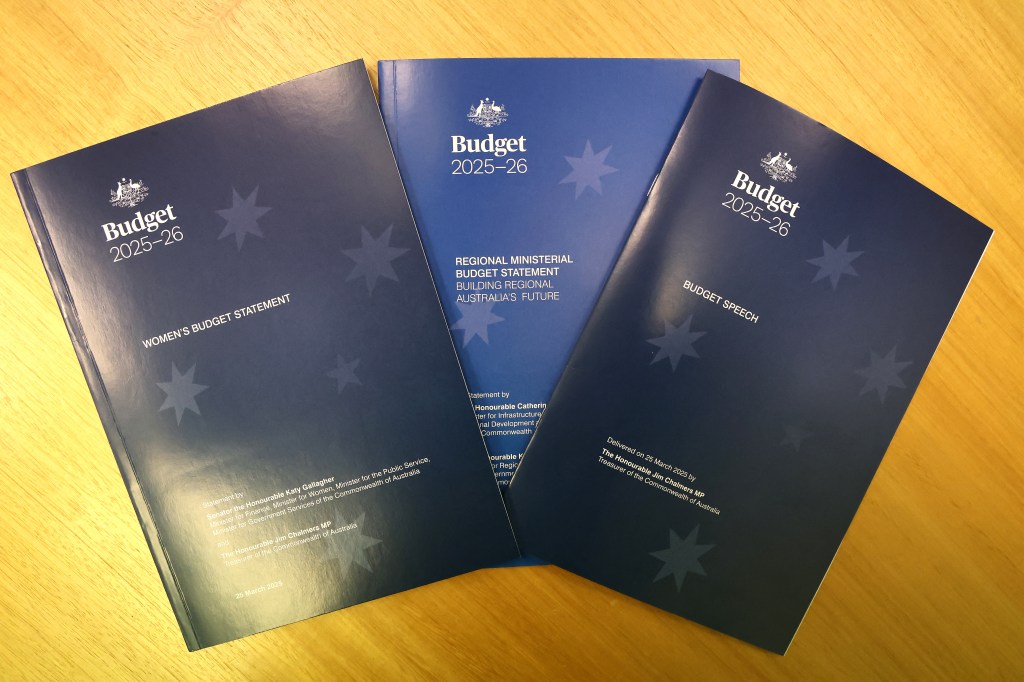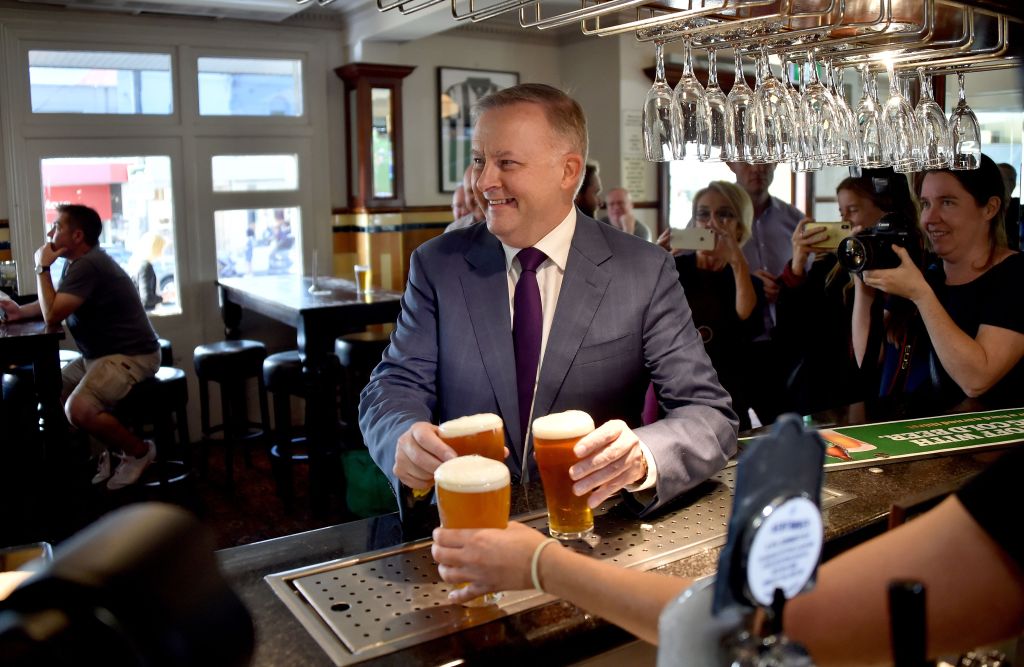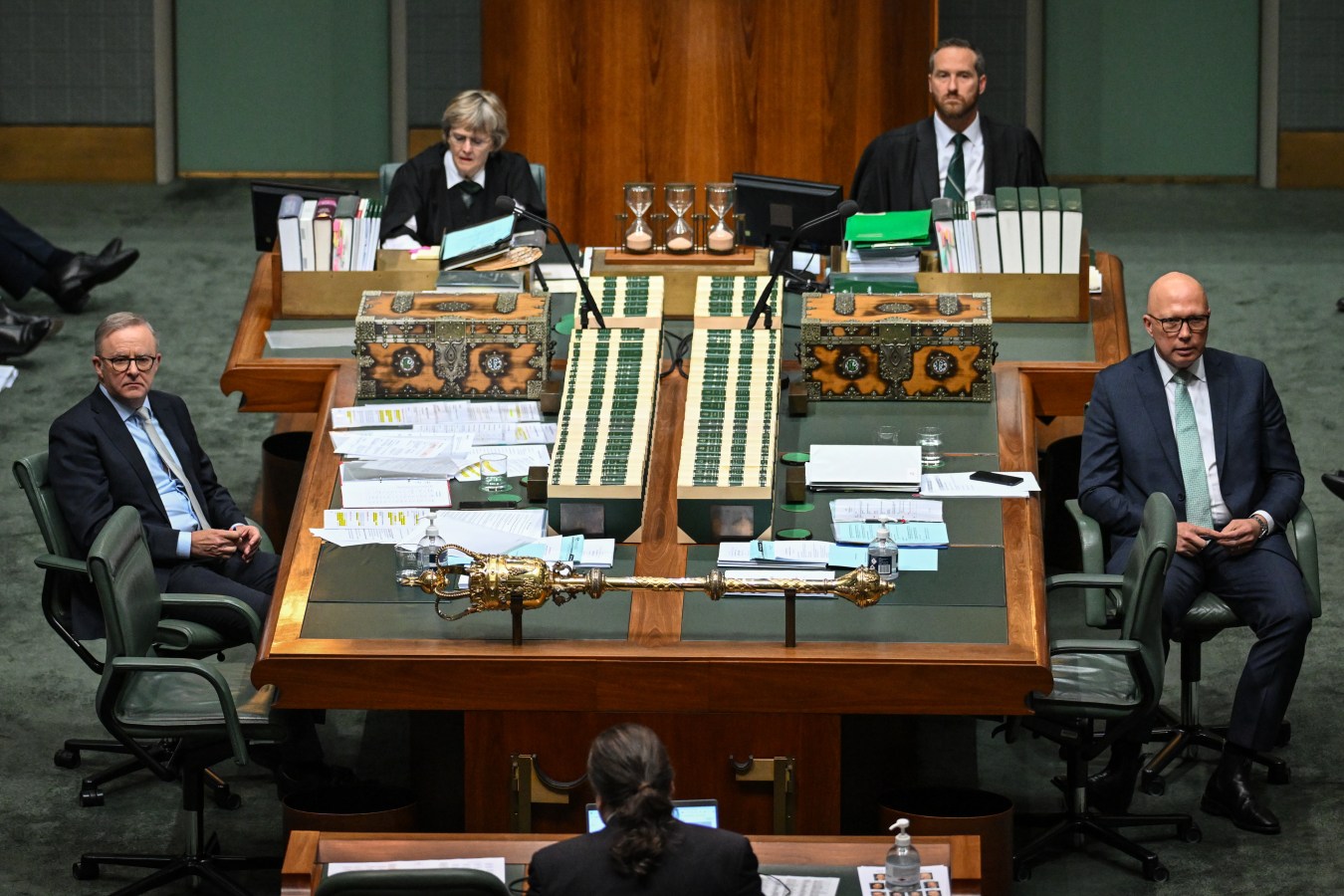From tax cuts to tobacco revenue, here’s who came out ahead – and who didn’t – in Treasurer Jim Chalmers’ pre-election federal budget pitch.

Key Takeaways
- Every Australian taxpayer will receive a modest income tax cut, with the biggest relative gain going to low and middle-income earners.
- University students and graduates will have 20% of their HECS debt wiped, saving thousands per person.
- Childcare workers and aged care nurses are among the biggest wage winners, with billions committed to sector-wide pay rises.
- The Tech Council of Australia welcomed skills and energy tech measures, but called the lack of direct tech investment a missed opportunity.
- This year’s federal budget does not mention artificial intelligence once – an omission that stands out as global governments pour billions into AI.
Big Number
$17.1 billion – the cost of Labor’s new round of tax cuts over five years.
Crucial Quote
“This is a budget for working Australians, not for the loudest voices in the room,” Treasurer Jim Chalmers said on budget night. “We’re backing workers, families and fairness.”

Winners
Taxpayers
All workers earning over $18,200 will benefit from tax cuts starting July 2026, with the lowest marginal rate reduced from 16% to 14% by mid-2027. An average income earner will be $2,190 better off by 2027-28, in what the government has called a “modest but meaningful” cost-of-living relief.
Uni students and graduates
The government will slash 20% from student debts, saving the average graduate about $5,500.
Anyone who uses the internet
Labor has committed another $3 billion to upgrade fibre connections for 622,000 homes by 2030, nearly two decades after the project was first announced. The government has also ruled out privatising the NBN.
Aged care and childcare workers
A further $2.6 billion will go toward pay rises for aged care workers. Early childhood educators will receive wage increases of up to 15%, backed by $3.6 billion in funding
Beer brewers (and drinkers)
In a win for brewers and patrons, the government will freeze the draught beer excise for two years.

Parents
Abolishing the activity test means families earning up to $530,000 are now guaranteed three days of subsidised childcare per week.
First home buyers
The Help to Buy scheme, which can be accessed by single people earning up to $100,000 and couples earning up to $160,000, has been expanded, with $800 million allocated to lift income and property thresholds.
Job switchers
The government will ban non-compete clauses for most workers, making it easier to switch jobs or start a business.
Losers
Welfare recipients
Despite calls from advocacy groups, the JobSeeker rate remains unchanged at $55.79 per day for singles with no dependents. Renters will receive another 10% increase to Commonwealth Rent Assistance – but many advocacy groups say it still falls short of what’s needed
Foreign home buyers
A two-year ban on foreign investment in existing homes takes effect from 1 April 2025. Compliance enforcement is also increasing.
Tech startups
Despite broader innovation measures, the Tech Council of Australia noted the budget contained no direct investment in startups, scale-ups or core tech sector R&D. They called it a “missed opportunity”.
Consultants and contractors
The Albanese government continues its clampdown on private sector consultants, slashing another $720 million from projected spend in favour of in-house public service capacity. Over 3,400 new public servants will be hired this year.
Cigarette and vape sellers
Illicit tobacco and vape markets will face a crackdown, with $160 million going toward enforcement.
Small businesses
No extension of the $20,000 instant asset write-off was included in this budget. While small businesses will benefit from an extended energy rebate, new targeted measures were notably absent.
The Responses
Des Hang, CEO, Carbar
“We may be better off becoming a zoo keeper in Australia than a startup founder. The Federal Budget found funds for Pandas in Adelaide, but many of the big ticket startup impacting items flagged ahead of the budget, like a re-examination of R&D Tax Incentives, were given a firm swerve.”
Jack Curtis, Co-Founder, Neara
“The government’s $1.8 billion extension for energy bill relief will help alleviate some pressure on households and small businesses struggling against rising electricity prices. A strong initiative supporting Australians struggling to manage the cost-of-living crisis, yet this package doesn’t address other critical areas of consumer concern: stable energy access and a reliable energy system.”
Ben Thompson, CEO, Employment Hero
“This year’s Federal Budget reinforces just how central superannuation is to Australia’s financial system. The government is putting over $55 billion into concessional tax breaks for super next financial year – that’s a massive investment in helping Australians build long-term wealth. But with that kind of support comes a responsibility to ensure the system is fair, transparent, and actually delivers value to everyone.”
Anish Sinha, co-founder, UpCover
“Australia has delivered a budget that does not mention AI once. While this isn’t the first time this has happened, it is now becoming increasingly unusual as other major global governments and funds prepare to spend billions on securing a foothold with this new technology. That, in itself, sets the tone for a federal budget that has so little to say about technology, that any sparse mention of a policy becomes a focal point.”
Georgie Dent, CEO, The Parenthood
“This represents unprecedented structural reform in the realm of childcare policy in Australia,” The Parenthood CEO Georgie Dent said. “Investing $3.6 billion to lift the wages of early childhood educators, $1 billion to build early learning services in areas where they are needed most and $426 million for the new 3 Day Guarantee, will benefit millions of children, educators and parents – and pay rich social and economic dividends now and in the future.”
“This budget lays strong foundations to pursue the next frontier of reforms necessary to deliver truly universal quality, inclusive early childhood education and care for every child, regardless of their postcode or circumstances.
MYOB, CEO, Paul Robson
“As a homegrown Australian business, we’re pleased to see cost-of-living relief measures that will support our SME sector – but businesses are still calling for more certainty, especially around initiatives like the instant asset write-off.”
Tech Council of Australia
“The TCA supports a range of initiatives to grow skills and energy tech investment, but the lack of direct tech sector funding is a missed opportunity at a time of global trade volatility and local productivity concerns,” the organisation said in a statement.
Angad Soin, ANZ Managing Director, Xero
“Xero is pleased to see the proposed support for Australia’s 2.6 million small businesses announced in the Federal Budget, especially the extension of energy bill relief and funding to encourage consumers to spend with Aussie businesses under the Buy Australian Campaign. However, while these measures offer some quick and short-term relief, they don’t help solve the systemic challenges preventing small businesses from thriving.”
The George Institute for Global Health
The George Institute for Global Health welcomed the 2025 Federal Budget’s investment in key health initiatives, including a record $7.9 billion to strengthen Medicare and improve access to bulk billing, $1.8 billion for new and amended PBS listings, and $785 million to reduce the cost of medicines. The Institute also praised the $793 million committed to women’s health, particularly in areas like contraception, menopause and endometriosis care, along with $157 million allocated to tackle tobacco and vape use.
Gavin Mooney, General Manager, Kaluza Australia
“The government’s $1.8 billion extension for energy bills will be a relief for households struggling to manage cost-of-living pressures. But this is a short-term solution for a long-term issue. With electricity bills set to jump another nine per cent over the next year, retailers must empower consumers to step into the driver’s seat and take control of their electricity usage.”
Adam Hargraves, CEO, Localsearch
“The Budget lacks substantial direct support for small businesses, which make up 97% of all Australian businesses. While initiatives like the $75 quarterly energy rebate offer some assistance, the absence of broader tax relief and significant investment incentives leaves much to be desired. Robust support for small businesses is essential for fostering innovation, job creation, and economic growth. I urge the government as it heads into an election to consider more comprehensive strategies to empower small enterprises, ensuring they can thrive and continue contributing meaningfully to Australia’s economic landscape.”



